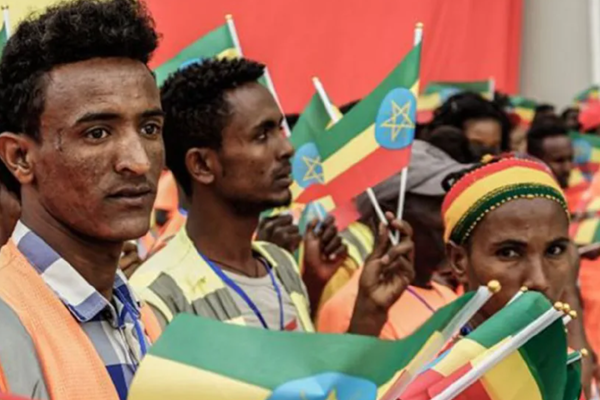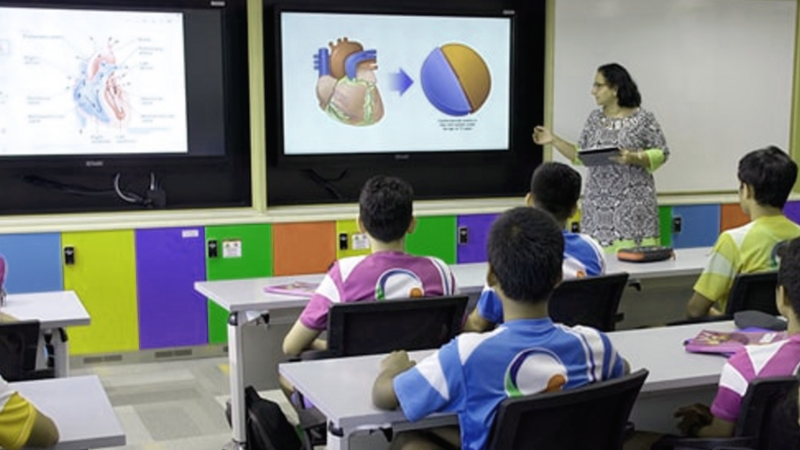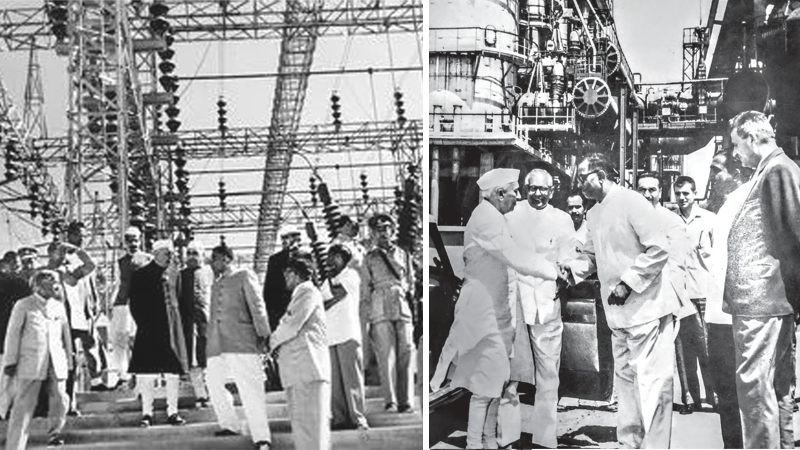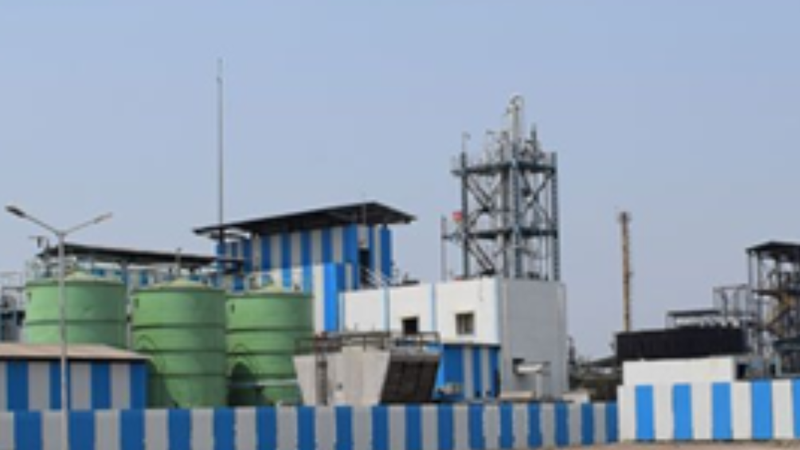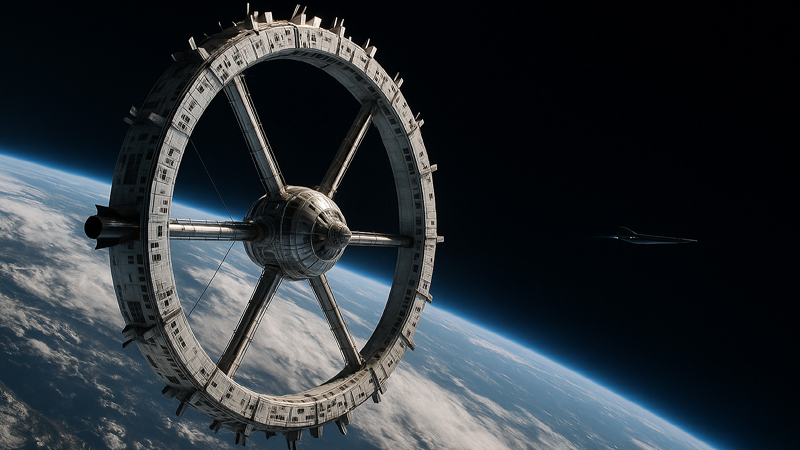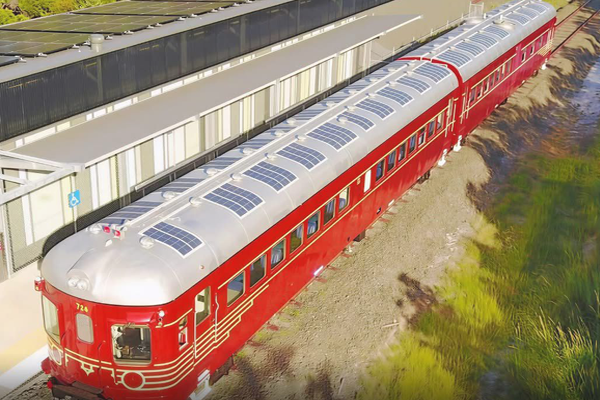Counting Castes, Counting Controversies: Supreme Court, the Census and the OBC Question
Editorial
Madagascar: Gen Z’s Revolt Against Corruption and Despair
Madagascar has once again plunged into political crisis. On October 15, President Andry Rajoelina was ousted in a military coup after weeks of massive, youth-led protests over poverty, corruption, and crippling power shortages. Colonel Michael Randrianirina announced that the military had seized power, suspended the constitution, and would form a transitional council to prepare a new democratic order.
The irony is striking — sixteen years ago, Rajoelina himself came to power through a coup. Today, he faces the same fate, this time at the hands of an angry, disillusioned generation. For Madagascar’s overwhelmingly young population, over 60% under 25, patience has run out. Despite rich natural resources, three out of four citizens live in poverty, while corruption and mismanagement have corroded every institution.
The uprising reflects a global pattern: Generation Z is rebelling against failed leadership. From Nigeria’s EndSARS movement to Sri Lanka’s youth protests, young people are demanding honesty, opportunity, and accountability. Their message is clear — they will no longer accept politics as usual.
Yet, military takeovers rarely deliver lasting reform. Across Africa — in Niger, Mali, Burkina Faso, and Gabon — coups have replaced corruption with command, not democracy. Madagascar risks the same fate unless the international community supports a genuine path to reconstruction, focusing on youth empowerment and transparent governance.
Rajoelina’s fall is more than a change of regime; it is a warning from a new generation. When governments ignore despair and silence dissent, the streets will speak. Madagascar’s youth have spoken loudly — and the world must listen.
“Rising GDP, Falling Smiles: Why India Still Trails Its Neighbours in the 2025 World Happiness Index”
The 2025 World Happiness Report paints a sobering picture for India. Though the country has inched upward to 118th out of 147 nations — a modest rise from 126th last year — this ranking still places India behind several of its South Asian neighbours, emphasizing how economic growth hasn’t translated fully into life satisfaction.
Take Nepal, for instance: it holds the 92nd spot, significantly ahead of India. Bangladesh sits further down but still surpasses India’s ranking in some data reports. Pakistan, too, at 109th, manages to outplace India, despite its economic challenges. Sri Lanka, reeling from years of economic turmoil, languishes around 133rd, reflecting the scale of its crisis.
This relative underperformance underscores a deeper truth: happiness is not merely a function of GDP or infrastructure. The World Happiness framework weaves together six core determinants — social support, healthy life expectancy, freedom to make life choices, generosity, perception of corruption, and GDP per capita — to arrive at its scores. India’s modest score suggests significant deficits in these qualitative domains. Issues such as inadequate public health and social safety nets, high levels of inequality, pervasive corruption, and the erosion of trust in institutions likely pull it down.
What this ranking should catalyse is not despair, but renewed policy focus. India must invest not just in roads and rockets, but in community networks, mental health care, access to justice, and civic trust. Only when development makes life livable and meaningful at the level of the everyday person will India’s happiness rank reflect its real potential.
Ceasefire Under Strain – Politics Over Humanity in Gaza
“Between hostages and hunger — Gaza’s ceasefire tests the world’s conscience.”
The fragile Gaza ceasefire, hailed as a breakthrough in the long and bloody conflict, now stands on the edge of collapse. Israel’s decision to slash humanitarian aid and delay the reopening of the Rafah crossing has reignited tensions, citing Hamas’s failure to return the remains of all hostages. Hamas claims it faces obstacles in locating the burial sites amid Gaza’s ruins, but Israel accuses it of deliberate delay — and civilians once again pay the price.
Politically, both sides are maneuvering to secure advantage under the U.S.-brokered peace plan led by Donald Trump. The plan envisions a transitional Palestinian authority and eventual disarmament of Hamas, but its early implementation reveals the depth of mistrust. Trump’s warning that “Phase Two begins now” reflects more political theatre than practical diplomacy.
The humanitarian consequences are devastating. Gaza’s people, already ravaged by war, famine, and displacement, now face renewed scarcity of food and medicine. The UN estimates $70 billion will be needed to rebuild the shattered territory — a colossal task made harder by every delay.
Diplomatically, Egypt and the UN are struggling to sustain the peace process as regional credibility weakens. The ceasefire’s survival depends on empathy, not enforcement — on political courage to prioritize lives over leverage. Unless both Israel and Hamas shift from revenge to reconciliation, Gaza will remain a graveyard of broken promises and unburied peace.


 SAS Kirmani
SAS Kirmani


